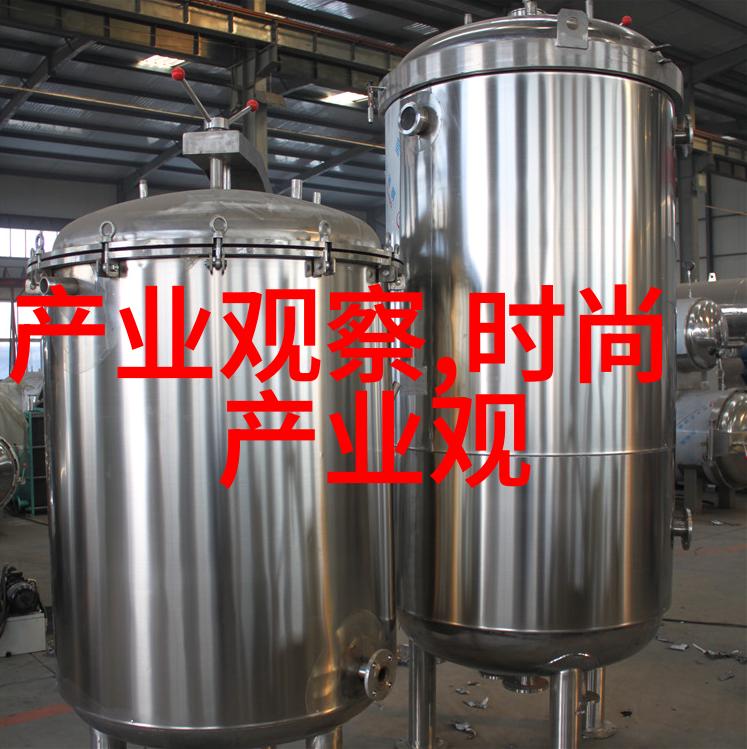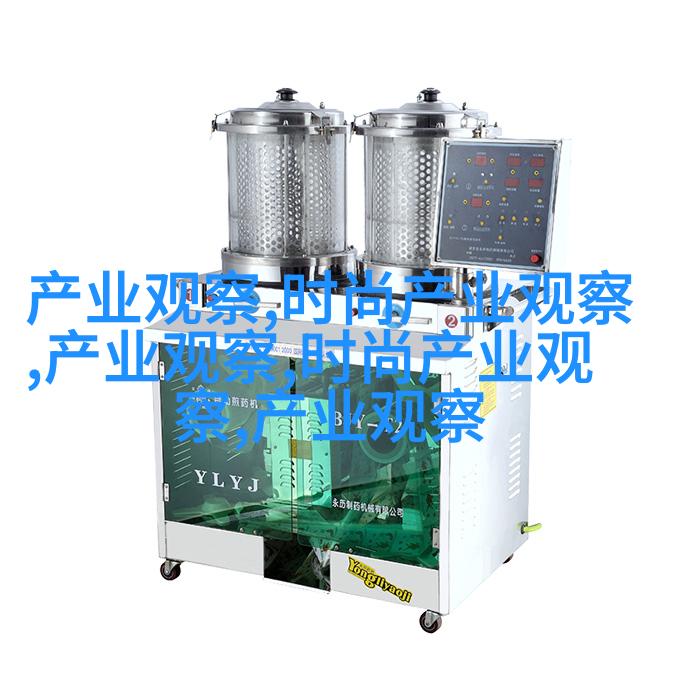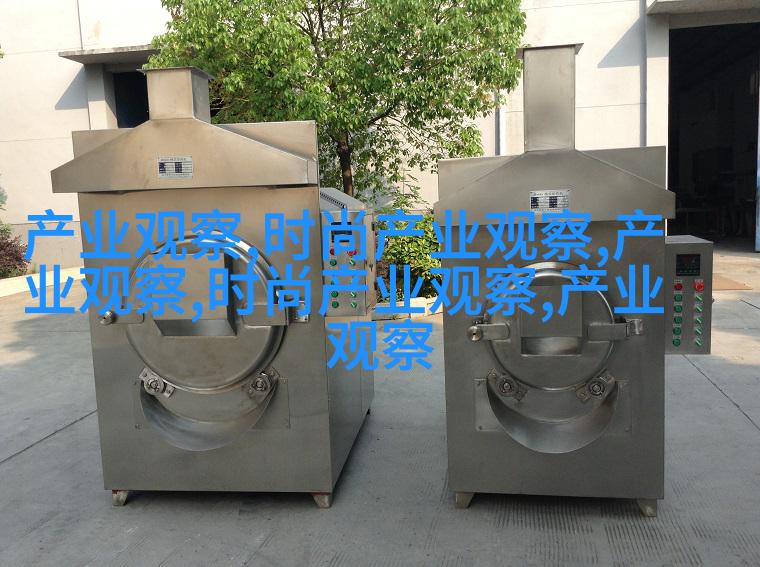您现在的位置是: 首页 - 产业观察 - Fast Fashions Sartorial Shift Embracing Sustainabl 产业观察
Fast Fashions Sartorial Shift Embracing Sustainabl
2024-11-25 【产业观察】 0人已围观
简介Fast Fashion's Sartorial Shift: Embracing Sustainable Style Trends The Rise of Conscious Consumerism In recent years, the fashion industry has witnessed a significant shift in consumer behavior,
Fast Fashion's Sartorial Shift: Embracing Sustainable Style Trends

The Rise of Conscious Consumerism
In recent years, the fashion industry has witnessed a significant shift in consumer behavior, with increasing awareness and demand for sustainable and ethical fashion. This trend is driven by younger generations who are more environmentally conscious and socially aware than ever before. As a result, brands are being forced to reevaluate their production processes and materials to meet the changing expectations of consumers.

The Emergence of Circular Fashion
Circular fashion refers to the practice of designing products that can be recycled or repurposed at the end of their life cycle, reducing waste and promoting sustainability. This approach challenges traditional fast-fashion business models that prioritize speed over quality and durability. Brands such as Patagonia have already adopted circular design principles in their collections, using recycled materials and encouraging customers to repair rather than replace items.

The Importance of Transparency
Transparency is becoming increasingly important in the fashion industry as consumers seek greater understanding into how their clothes are made. Brands like Everlane have led the way by providing detailed information on production costs, material sourcing, and labor practices for each product line. This transparency allows consumers to make informed purchasing decisions based on values such as fair labor standards or environmental impact.

Innovative Materials & Technologies
To address concerns around sustainability without sacrificing style or functionality, designers are exploring innovative materials and technologies that reduce environmental impact while maintaining aesthetic appeal. For example, plant-based textiles such as Piñatex (made from pineapple leaf fibers) offer an eco-friendly alternative to leather without compromising on texture or durability.

Collaborations & Partnerships for Sustainability
As part of its commitment towards sustainability efforts within its own supply chain operations H&M has collaborated with several organizations including UNICEF where it raised funds through sales from selected garments sold under this campaign raising millions in support for children's education worldwide further solidifying its position among other major players working towards positive change within global communities
By embracing these trends in sustainable style trends not only do we contribute positively towards our planet but also ensure long-term survival ensuring a healthier future generation benefiting everyone involved throughout this journey toward betterment






